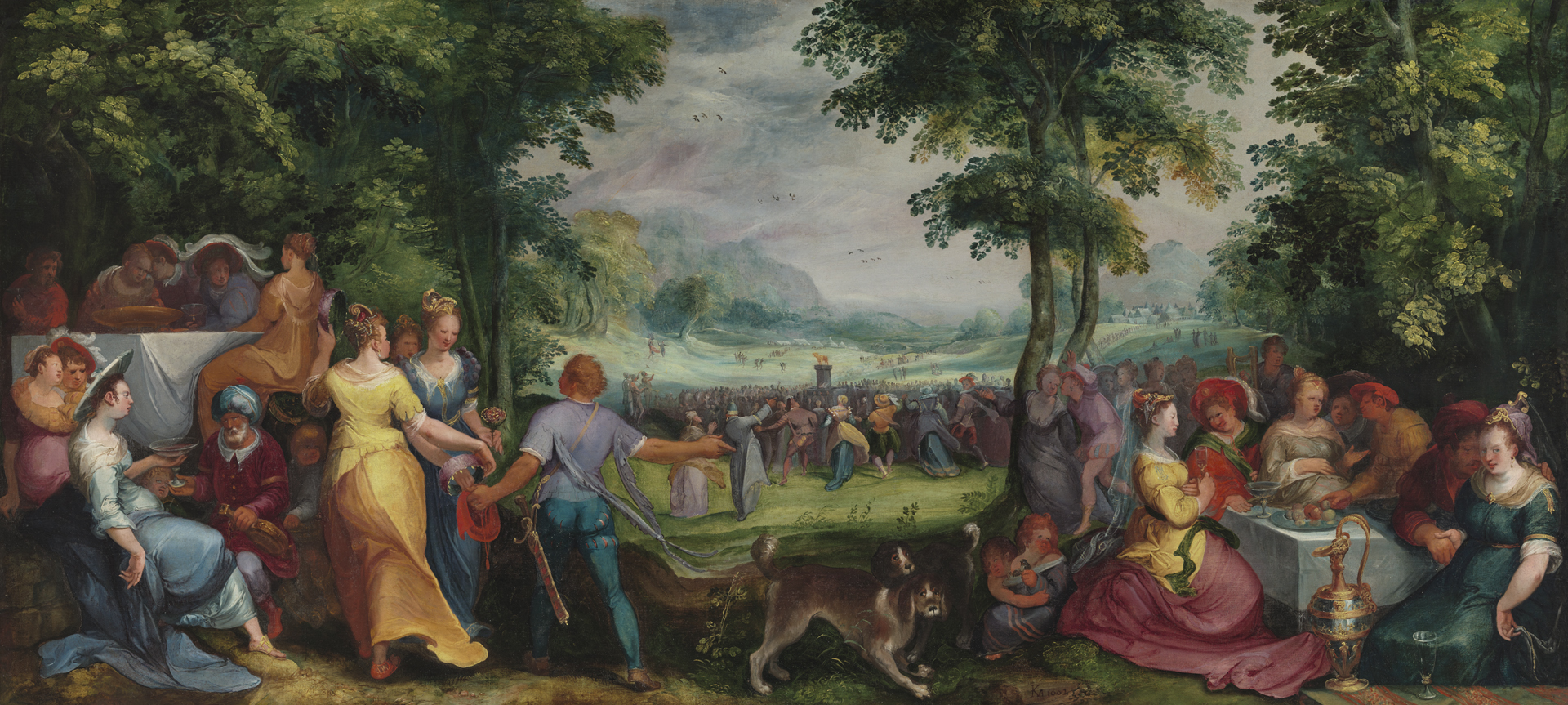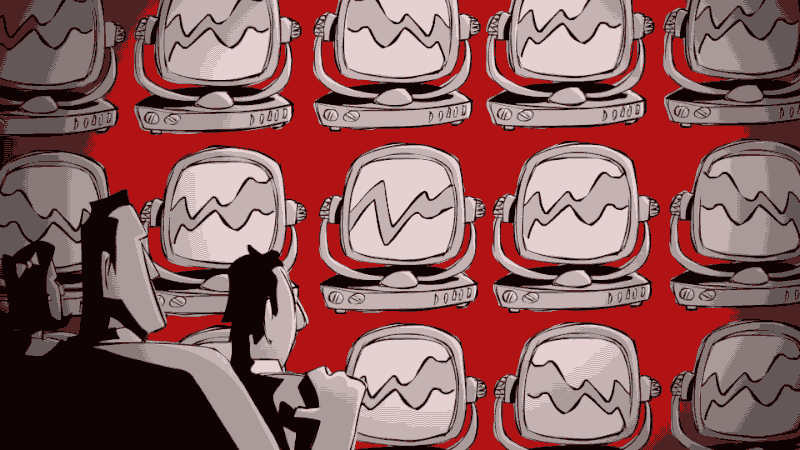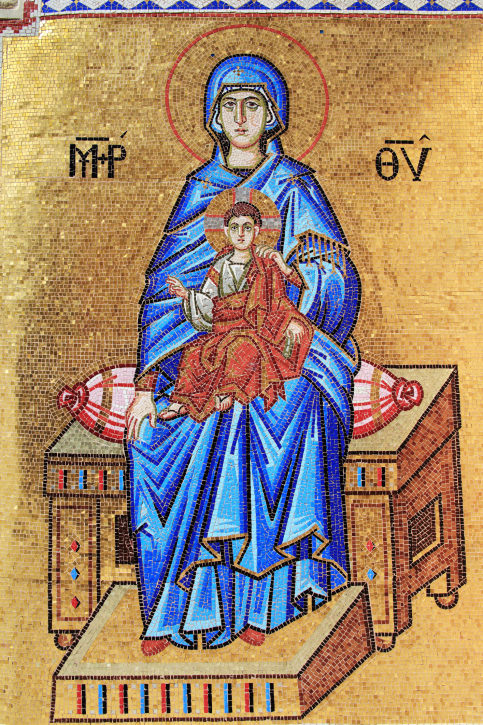
In our last essay we begin making application of what we have been discussing by looking at a major influence which has caused the church to fail in following God’s call for His children to renew their minds. Specifically we looked at the intrusion of postmodern thinking into the church and how this influence has made the Church impotent. In this essay we will begin exploring another way Christians have allowed themselves to be influenced by the culture.
To do that I would like you to turn in your Bibles to Exodus 32:1-9. Here we read the story of the making of the Golden Calf. It is one of the saddest stories in all of Scripture, yet one that tells us a great deal about ourselves and how our brains work.
You will remember that these people had just seen many incredible miracles performed by God on their behalf. They had just seen Pharaoh’s army swallowed by the Red Sea. They had seen the systematic disassembly of one of the greatest empires on earth through the plaques. A living column of fire had led them for three months to the foot of the mountain of Sinai. They had heard the thunder, smelled the smoke, and felt the earth tremble under their feet while Moses was up on the mountain.
But when Moses came down from the mountain bearing the law-word of the living God, what did he find in the middle of the camp? A golden calf, an image. I think it is ironic that these people would reject the written word in favor of an image. Sadly, many in our day are willing to do the same thing.
Let me bring this episode up to our day. To do that I would like to remind you of two books written in the early part of the last century. These two books presented very different views of the future of mankind.

The first book posited a frightening future in which our culture would be overcome by external oppression. The book expressed the fear that there would be no more access to books, that we would be deprived of our history, that the truth would be hidden from us, and that we would become a captured and controlled culture. The book, of course, was George Orwell’s classic, “1984.”
The other book posited an equally frightening picture of our future, but it did so for completely different reasons. It expressed the fear that we would come to love oppression because the technologies of that time would undo our capacity to think. It did not fear the loss of books, but showed the disinterest for them at all in the culture. It feared that we would have so much that we would become passive. It did not fear the loss of truth but the drowning of truth in a sea of irrelevance. It expressed the fear that we would become a shallow and trivial culture preoccupied with sex, consumerism, and the theater of relationships. This book was Aldus Huxley’s “Brave New World.”

Which of these views has proven out to be more accurate?
I believe that Huxley’s view has proven to be the more accurate one. I say this for several reasons.
1] First, public discourse increasingly has become nothing but entertainment. Looks have replaced thoughtfulness and ideology; form has replaced substance. We no longer, as a culture, engage in meaningful debate on important issues. Our view of the world is now mediated through television that is geared entirely towards entertainment.
2] Second, only those ideas that are conveniently expressed through our current media have become the important content of our culture. The media now classifies, sequences, frames and colors the world for us. We now have sound-bite political debate, and conversations of images rather than words. The media does not support or encourage thoughtful interaction on issues. It promotes only shallow, quick views of history and current events. Depth is discouraged because it does not sell.
3] Finally, there has been a real decline in typography and a corresponding rise in television and imagery. We now live in an image centered culture rather than word centered culture. And even the image must be changed every few seconds or the audience is lost. The Lincoln-Douglas debates, which lasted for 3 hours or more, would not play well in our day. People have lost the ability to focus on the word, whether spoken or written and they have lost the ability to follow thoughtfully constructed arguments.
These are very real problems in our culture at large, but they are even more distressing when we realize that these same problems have entered the church.

Our faith is a faith of not only the heart but also the mind. The deep truths of our faith cannot be quickly explained or easily demonstrated with a picture. Scripture itself is complex and follows argumentation that is not easily or simply understood.Just as with the Israelites of old the church in our day has forsaken the written, living Word of God for a mess of images.
In our next essay we will explore this idea further by looking at how our brains work and the difference in how we process images and the written word.

